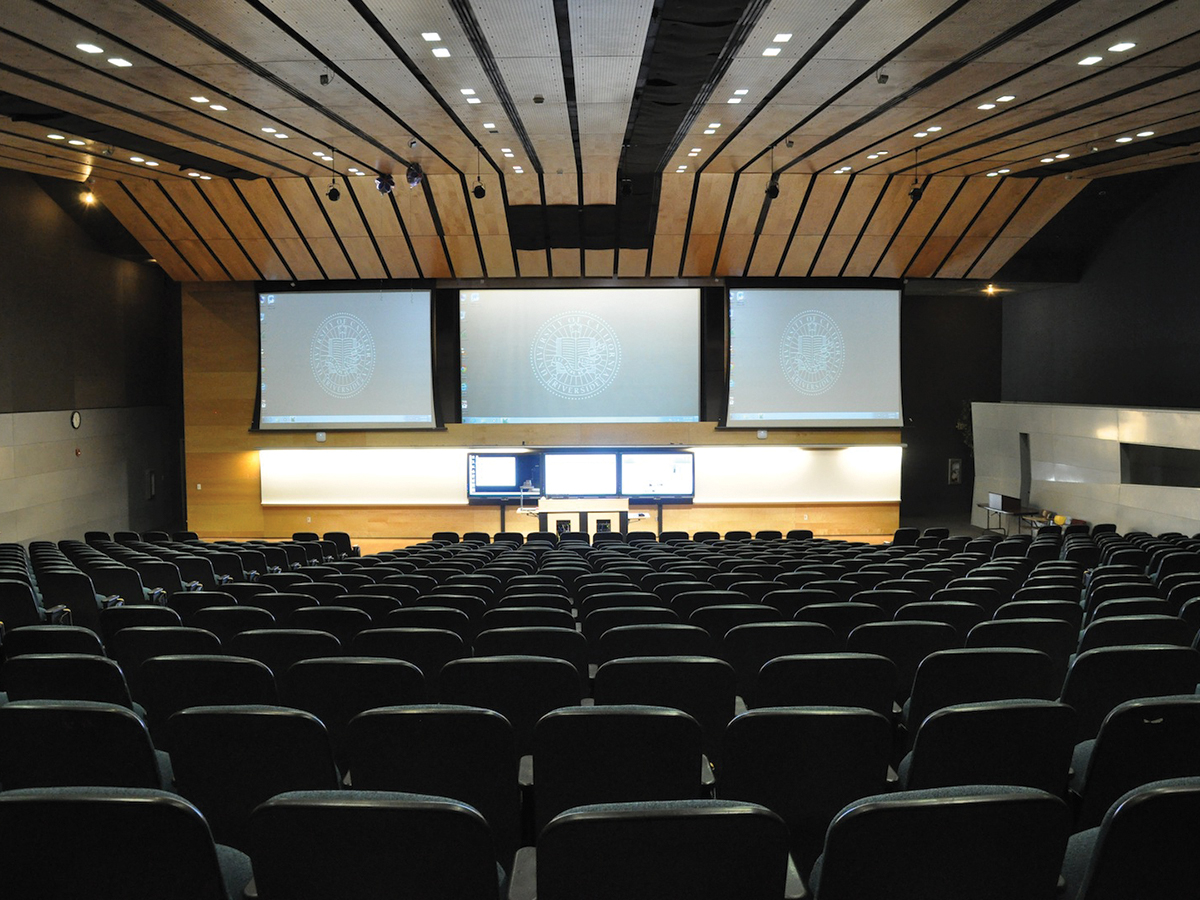A student entering college needs to make a lot of choices that influence what their experience at the university will be like. They must choose what college to go to, which dorm they will live in, how they will decorate their room, what clubs to join and how they spend their free time on campus. What the student doesn’t typically have power over is who will be instructing them or the skill of the instructor they are stuck with. Tools such as ratemyprofessor.com can be helpful, but sometimes the student must take whatever time slot is available and deal with the professor that is teaching at that time. Often, the instructor in question may not be particularly skilled in the planning and execution of a course. Students commonly complain about dull, confusing lectures as well as courses that heap tons of meaningless homework and unfair tests on them. At a top-tier university, students should receive consistent, quality instruction. UCR professors need to step it up.
None of this is to say that UCR professors are not amazing, award-winning researchers and geniuses. The faculty at UCR are impressive. All this says is that professors aren’t always exerting the necessary effort and aren’t receiving the support necessary to make courses a positive learning experience, rather than a toll to pay to get a degree. This stems from the priorities of university professors and the university itself.
UCR is an R1 University, which means it engages in the highest levels of research activity. There is no doubt that UCR produces groundbreaking research. This research brings in grant funding and accolades, but that prestige is often at the expense of UCR students. It is not uncommon at UCR for a faculty member, especially STEM faculty, to only teach a single course a year and spend the rest of their time conducting research. For example, the instructors who teach the BIO005 series typically only teach half of the course each year before another professor steps in to teach for the remaining five weeks of the quarter. This creates an issue where students are being taught by inexperienced professors who care little about educating students because their minds are devoted to their research.
According to the 2017 National Student Satisfaction and Priorities Report, 64% of students at community and city colleges reported satisfaction in the instruction given. At research universities, students report 55% satisfaction in the quality of instruction received. The possible answer for the 9% discrepancy is the frequency at which professors teach. At community colleges, professors are hired for the sole purpose of educating students. At universities, their priority is their research. Another factor contributing to professors’ lack of teaching skills is that they receive no formal pedagogical training. There is an assumption that a holder of a doctorate will magically be able to effectively teach their expertise to a classroom full of 200 wide-eyed college freshmen. This assumption is simply untrue.
Some possible solutions could include having prospective professors teach more often. If it isn’t feasible for existing faculty to prioritize instruction over research, then the university should hire more professors that are dedicated to instruction. Another option would be to require professors to take short, yearly crash courses on pedagogy in their field. Following these crash courses, they should be given access to materials to refer to throughout the year to inform their instruction. UCR has an excellent Graduate School of Education, so such a program shouldn’t be difficult to organize.
Students put in too much time, effort and money to be given subpar instruction. Not only is this frustrating to students, it degrades their ability to succeed in subsequent courses and possibly even their future career field. UCR has amazing faculty that produce groundbreaking research, but more can be done to ensure that the genius of the faculty can be imparted to undergraduate students.








